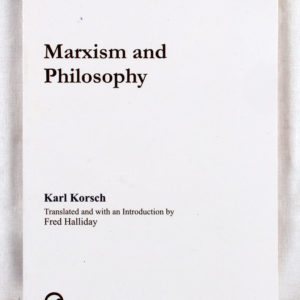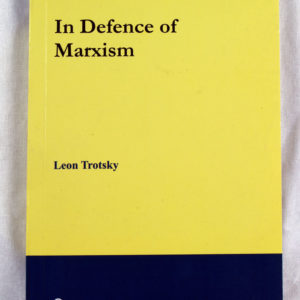I Dream Like You: Stories We Walk Past | Saker Mistri
₨ 632.00
Their dreams were not too different from ours. Each one achieved success—school principal, poet, police constable, chartered accountant and social entrepreneur. But the road was long, the hurdles seemingly unpassable. The real-life narratives of the twenty-five young writers in this book reveal the bridges they built between the slum communities they were born in and the world outside.
These are stories we walk past, faces we don’t stop to notice. These voices show a maturity beyond their years, reminding us that honesty, courage, success and compassion are in each one of us if we are given the right opportunities to develop them.
Their dreams were not too different from ours. Each one achieved success—school principal, poet, police constable, chartered accountant and social entrepreneur. But the road was long, the hurdles seemingly unpassable. The real-life narratives of the twenty-five young writers in this book reveal the bridges they built between the slum communities they were born in and the world outside.
These are stories we walk past, faces we don’t stop to notice. These voices show a maturity beyond their years, reminding us that honesty, courage, success and compassion are in each one of us if we are given the right opportunities to develop them.
Related products
In Marxism and Philosophy Korsch argues for a reexamination of the relationship between Marxist theory and bourgeois philosophy, and insists on the centrality of the Hegelian dialectic and a commitment to revolutionary praxis. Although widely attacked in its time, Marxism and Philosophy has attained a place among the most important works of twentieth-century Marxist theory, and continues to merit critical reappraisal from scholars and activists today.
Publisher : Aakar Publications
This book is correctly regarded as one of Trotsky’s finest classics. It is a product of a sharp polemic within the American trotskyist movement during the period 1939-40. This was a dispute which touched on the very fundamentals of Marxism. It was for this reason that Trotsky himself participated in this struggle in the form of a series of articles and letters that are brought together in this volume.
Publisher : Aakar Publications
Translated from the Hindi by Madhu Singh With a foreword by Angela Y. Davis
September 1970. Ramchandra Singh enters the Hardoi District Jail in Uttar Pradesh as a naxalite undertrial. Barely twenty, his life of expanding prospects—in studies, politics and love—is reduced to the horizon of a life term. The odds are stacked against the survival of his humanity and imagination, but Singh regenerates his gifts of empathy, humour, reflection and, above all, language—in a secret diary smuggled out with the help of friends.
A singular record of recent history and of individual witness, Singh’s prison diary, newly expanded, appears in English for the first time. Offering unprecedented intimacy with the everyday life of the imprisoned everyman, Singh challenges us to look without flinching and question our assumptions about crime and punishment.
Ramchandra Singh (1949–2018), of Bangarmau village in Unnao district of Uttar Pradesh, was a member of the Communist Party of India (Marxist–Leninist) Red Star, and served on its Central Committee. He was part of the editorial board of Red Star Monthly (Hindi). He passed away when this book was in press.
Madhu Singh is a professor in the Department of English and Modern European Languages, University of Lucknow. She has previously translated the scholar G.N. Devy’s work, A Nomad Called Thief, into Hindi as Ghumantu Hain Chor Nahin.
Poems selected and translated from Marathi by Dilip Chitre
Namdeo Dhasal tr. Dilip Chitre
‘This is Mumbai without her makeup, her botox, her power yoga; the Mumbai that seethes, unruly, menacing, yet vitally alive’—The Hindu
‘This elegant book is a journey through the bowels of those quarters over which we have constructed robust mental flyovers’—The Sunday Times of India
‘Chitre succeeds in reproducing the images and metaphors of Dhasal’s work, and his unmistakable, hard-hitting voice’—Outlook
‘Dhasal employs an aesthetic of fracture… towards writing into existence the continuing alienation of dalits seduced by the shiny assurances of a still-new nation’—Biblio: A Review of Books






Reviews
There are no reviews yet.